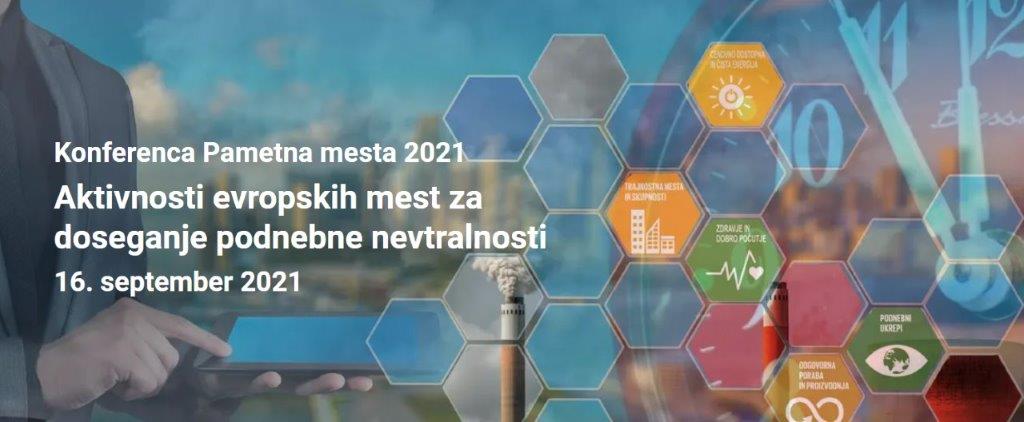Moderator
Igor. E. Bergant, Slovenia

For over 30 years, Igor E. Bergant has been a professional journalist and host of television news reports. He has extensive experience in moderating events and roundtables on smart cities and the future of mobility.
Speakers
dr. Kaja Prislan and Boštjan Slak, Faculty of Criminal Justice and Security, UM, Slovenia
Smart cities and police activities
Boštjan Slak is an assistant at the Chair of Criminal investigation, Faculty of Criminal Justice and Security, University of Maribor. His research interests include new technologies in criminal investigations, critical thinking in investigations, criminal intelligence and the study of organized crime.
Olivier Usher, NESTA, United Kingdom
Flying High – a collaborative approach to shaping the future of drones in cities
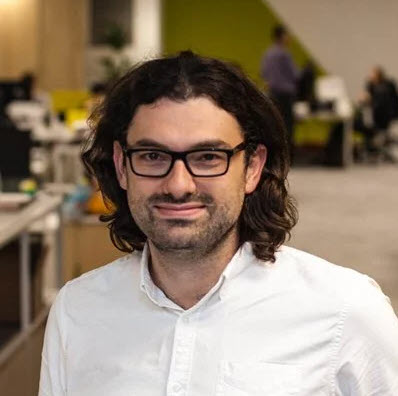
Olivier Usher is Research & Impact Lead at Nesta Challenges, part of Nesta, the UK’s innovation foundation. He leads on the research and identification of topics for Nesta’s programme of technology challenge prizes, on topics ranging from paralysis to agriculture. He has also been part of research consultancy projects for governments in Europe, North America and the Middle East.
Allan Mayo, Royal Borough of Greenwich, United Kingdom
Developing Smart, Sustainable and Resilient Cities: the Integrated Greenwich Approach
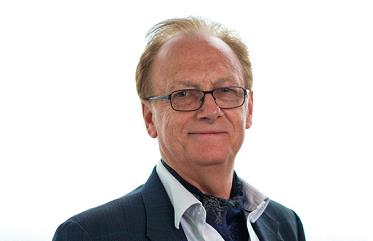
As a civil servant at the Department of Business, Innovation and Skills (BIS), Allan was responsible developing the Government’s smart city strategy, which was published in October 2013, and gave support to BSI to develop the first suite of smart city standards. He joined Digital Greenwich to help develop the Borough’s Smart City Strategy, which was launched on 22 October 2015, and commended in the 2017 Huawei report on UK Smart Cities. He has extensive knowledge of Whitehall, the European Commission and member states, particularly in relation to smart cities and innovation policy. He was conferred the title of Honorary Professor by the University of Birmingham, where he has close links with the Business School’s City-Region Economic Development Institute. His area of expertise includes understanding cities and urban transformation, understanding urban economies and environments, and how to develop Smart City strategies at the national and local level, with an emphasis on integrating smart, sustainable and resilience strategies so that they conform to the Sendai Framework for Resilience while meeting Sustainable Development Goals.
Hannes Astok, e-Governance Academy, Estonia
Digital City as Resilient City
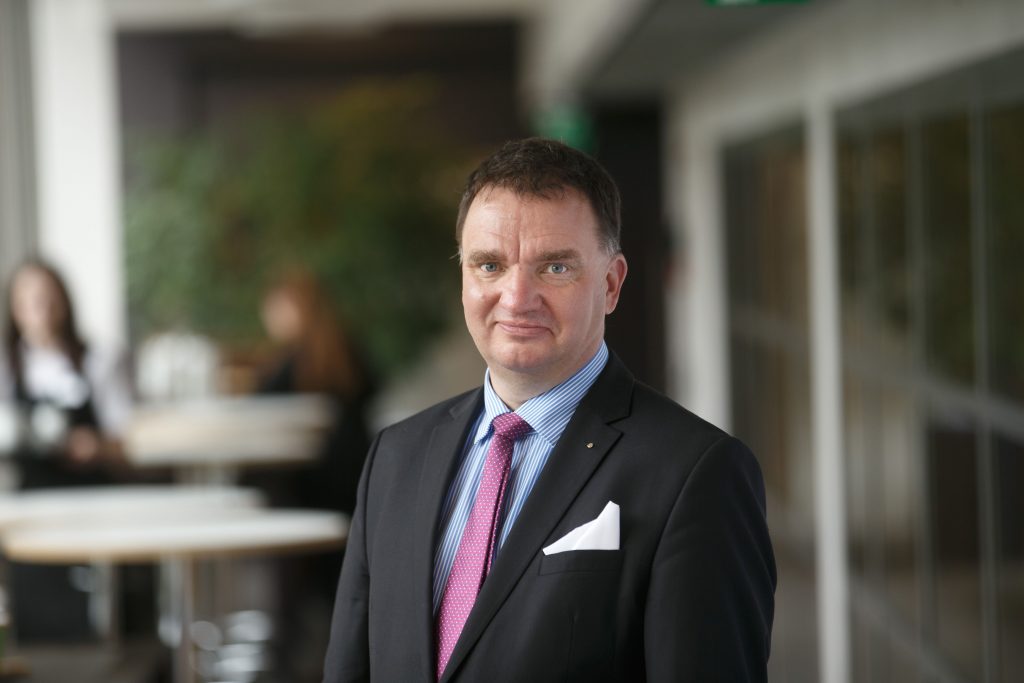
Mr. Hannes Astok is an enthusiastic speaker for the Information Society and Smart Cities, promoting role of information technologies in Public Administration.
Hannes is Deputy Director for Strategy and Development in Estonian e-Governance Academy, providing training and consultancy for governments and cities in digital transformation.
2012-13 Hannes was Adviser to the President of Estonia about the Information Society development.
Hannes was elected as Member of the Estonian Parliament (Riigikogu) 2007-2011 and as Deputy Mayor of Estonian second largest city Tartu 1997-2005.
Norbert Weidinger, Vienna City, Austria
An example of good practice: Blackout, Vienna City
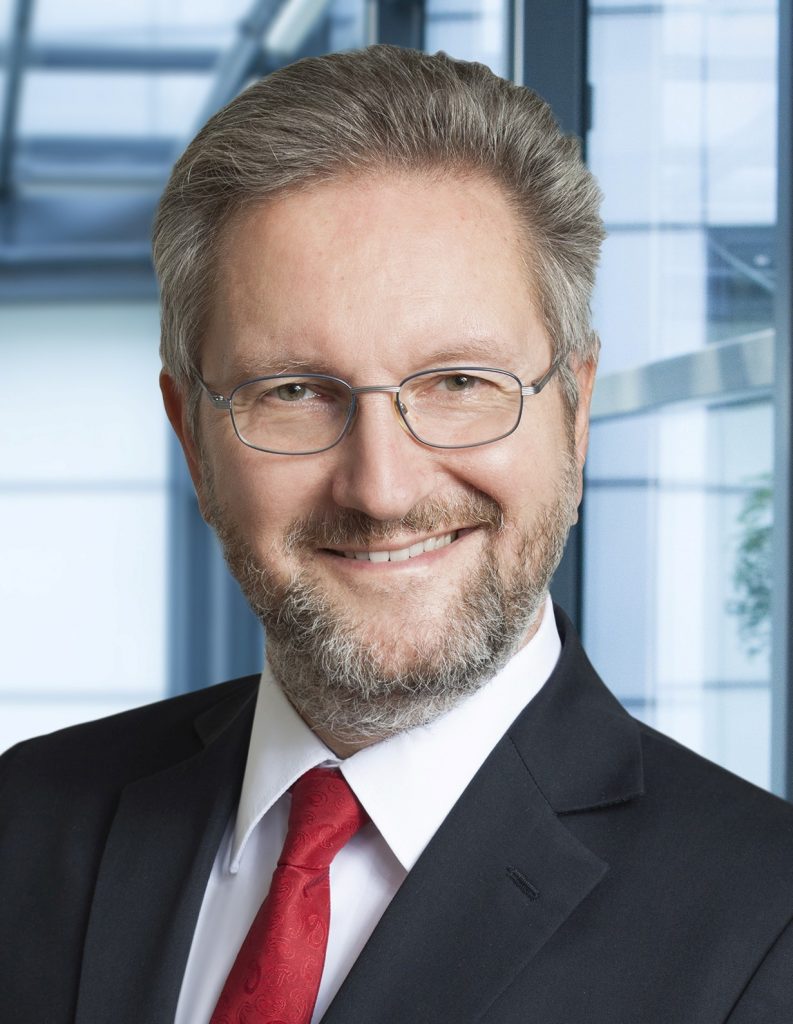
Norbert Weidinger has been Deputy Head of the Group Process Management and ICT Strategy in the Organization and Security Division of the City of Vienna’s Chief Executive Office since 2005. In addition to accompanying the technical ICT consolidation within the city of Vienna and the strategic management of large-scale ICT projects, his areas of focus are ICT strategy and ICT governance in the city of Vienna, e-government development within the city of Vienna and in the context of national cooperation with federal government, states and cities as well as the related European cooperation.
Ph. D. Uroš Svete, Ministry of Public Administration, Administration of the Republic of Slovenia for Information Security, Slovenia
The challenges of cyber security in Slovenia

Ph. D. Uroš Svete is the Acting Director of the Administration of the Republic of Slovenia for Information Security. Since 2015 he has been an associate professor in the field of defence science at the Faculty of Social Sciences at the University of Ljubljana and holds several undergraduate and postgraduate courses in defence science (Information technology and national security, Information technology for Ombudsmen, Computerization of modern armed forces). From 2011 to 2015, he was the Chair of the Department of Defense Studies at the FDV. He also has experience as a lecturer at foreign faculties and international conferences. Since June 2008, he has also served as Executive Secretary of the RC01 Research Committee (Armed Forces & Conflict Resolution) at the World Sociological Association (ISA). He was also Acting Director – General Director of the Directorate for Information Society.
Ph. D. Alenka Žužek Nemec, Ministry of Public Administration, Slovenia
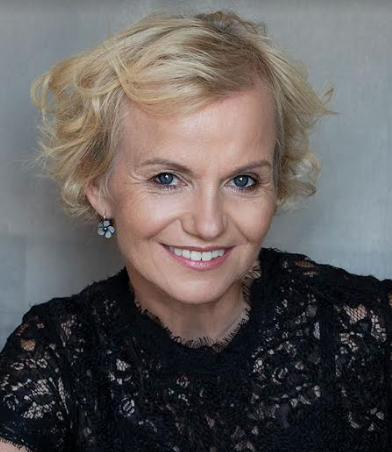
A key factor in secure e-commerce and secure smart cities services is trust. At the Ministry of Public Administration, we have developed the SI-PASS service, which enables single sign-in to web services and e-signatures without installing dedicated components. Users can access the services with a qualified digital certificate, and using the smsPASS service, sign-up and e-signature can be done directly via a mobile phone. The SI-PASS service also enables the secure registration of other EU Member States citizens, as required by EU law.
Ph. D. Alenka Žužek Nemec works at the Ministry of Public Administration and deals with the scope of providing safe and trusted electronic services.
Assoc. prof. dr. Denis Čaleta, Institute for Corporative Security Studies and President of the Slovenian Corporate Security Association , Slovenia
Critical infrastructure in a Smart City: between sectors, the state and municipalities
Critical infrastructure and its continuous operation is a prerequisite for the smooth operation of Smart Cities. However, this interdependence between critical infrastructure and Smart Cities is not only expressed through the technological and process integration of the provision of key services, but also through the interdependence of measures to ensure security and continuity of operation. In a dynamic security environment that is exposed to a whole range of risks that can have an extremely large impact on the continuous and efficient operation of smart cities, it is important to be aware of the need for a holistic approach. This means that different entities and organizational levels of implementation have responsibilities here. In this work, we urgently need the appropriate cooperation of smart city and critical infrastructure managers, various state institutions, and more recently local communities, especially at the municipal level. Coordination of such a demanding mechanism, however, urgently requires a systematic and coordinated approach.

Assoc. prof. dr. Denis Čaleta is an expert in the field of corporate security, critical infrastructure protection and counter-terrorism. He has 30 years of military, business and research experience. He heads the research team of the Corporate Security Studies Institute and is the president of the Slovenian Corporate Security Association and a member of the Southeast European Corporate Security Association (SECSA). He has collaborated and led the preparation of more than 100 international conferences, consultations and research and business projects.
Ana Robnik, Iskratel, d.o.o., Slovenia
From Safe to Smart City with innovative approaches and advanced technology
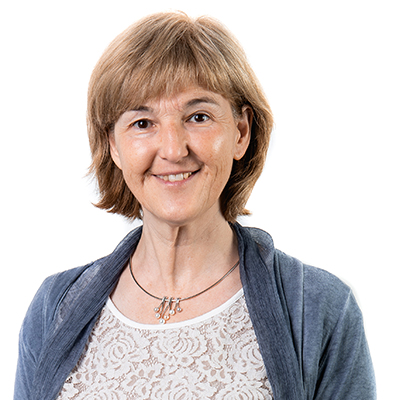
Ana Robnik works as a telecommunication consultant, leading also a research group “Raziskovalna skupina ISKRATEL” at ARRS and coordinating Iskratel’s effort in standardization organisations. After receiving her B. Sc. degree in applied mathematics from the Faculty of Mathematics, Physics and Mechanics, and her M. Sc. degree in computer science from the Faculty of Computer and Information Science, University of Ljubljana, Slovenia, she started her career in the research department Iskra Kibernetika before joining the IT department in Iskratel. She has more than 20 years of experience in telecommunications and leadership. She led the development of the management and monitoring systems for Iskratel and 3rd-party portfolio, in co-operation with international and domestic companies and external research groups. She has been participating in various national, EU and international operations. She coordinates the Safety vertical within Strategic Research and Innovation Partnership Smart Cities and Communities in Slovenia. She is also active in the Slovenian Electronic Communication Society SIKOM.
M. Sc., Matjaž Berčič, Telekom Slovenije, d.d., Slovenia
Cyber Security – Service Operations Center for a Smart City
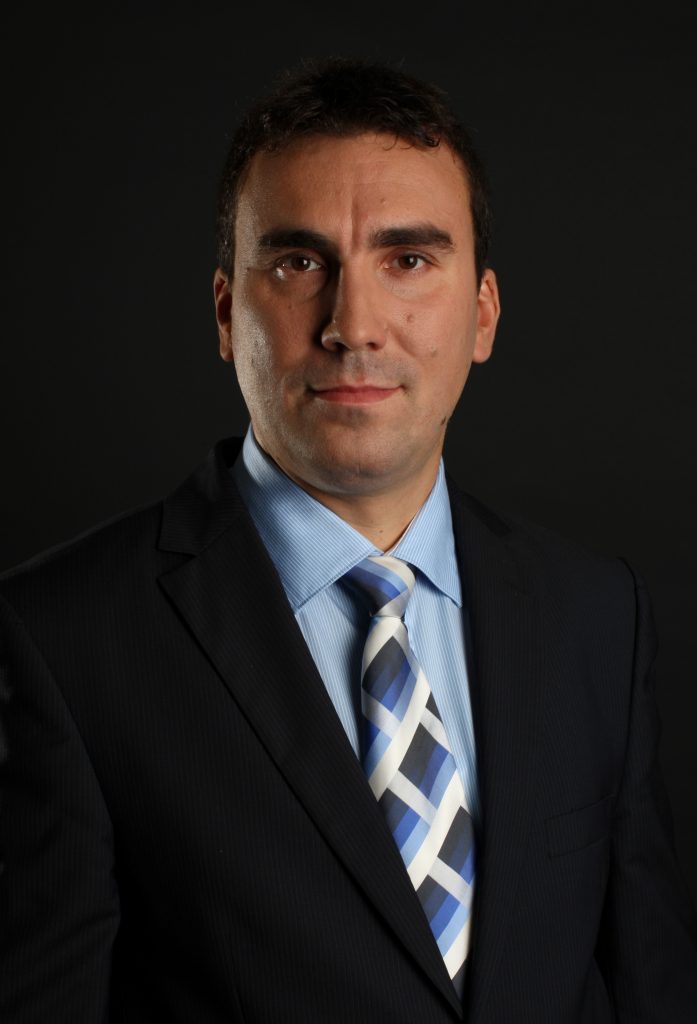
Matjaz Beričič, M. Sc., is the Director of ICT networks and services in the technology at Telekom Slovenia, which covers the entire convergent core network with ICT infrastructure and services, IT, technology and operational and service center. Since 1998, when he graduated at the University of Ljubljana with a degree of electrical engineering and telecommunications, and 2002 when he received a master’s degree in this field, he has been active in the field of mobile and fixed communication technologies. During this period he was active in various roles in managing, planning and managing projects or organizations in the field of mobile networks, core networks, systems management capabilities, IT and development services for network operators Si.mobil, Mobitel and Telekom Slovenia.
Jaka Cijan and Ph. D. Mojca Volk, Faculty of Electrical Engineering, Laboratory for Telecommunications, UL, Slovenia
5G SPIN – an innovative activity app with emergency features
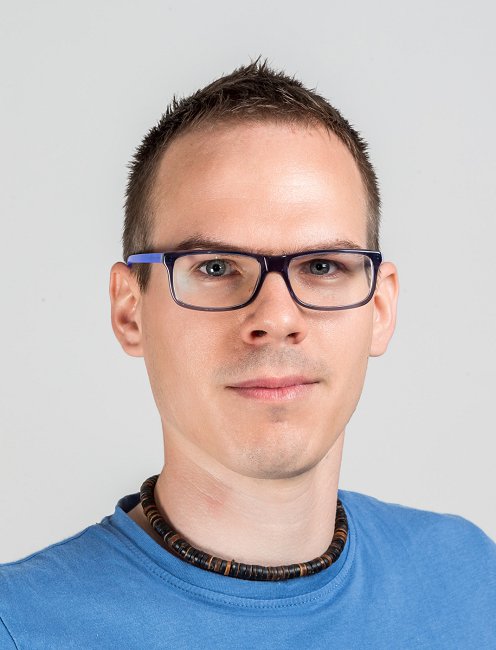
Jaka Cijan is reasearcher and developer at Faculty of Electrical Enginering at University of Ljubljana. His main work focus is developing mobile application for Android and iOS platforms. He is involved in several research and development EU (Gen6, Fi-STAR, UNCAP, NEXES) and national (EkoSmart, 5G Varnost) projects developing mobile client applications for supporting medical and emergency response use cases. Applications cover a wide variety of features, including security functions for communication with backend infrastructure in privacy-critical scenarios. He is certified Cisco Netacad instructor. He is also a member of networking administration team and taking lessons for students and companies about networks, protocols, cybersecurity and Python programming.

Ph. D. Mojca Volk received her PhD in 2010 from the Faculty of Electrical Engineering, University of Ljubljana in the field of telecommunications. She is a researcher at the Laboratory for Telecommunications, Faculty of Electrical Engineering, University of Ljubljana. Its function is strategic partnership in the field of research, development and industrial projects and international partnership. Her areas of expertise include systems and services for critical communications, support and management of interventions, protection and resolution (PPDR), e-health solutions and applications and healthy lifestyles, and advanced, fixed-mobile communications systems and technologies ( IoT, 5G, QoS, QoE). For these areas he leads strategic and technical cooperation in the framework of European and other international projects. She is a habilitated assistant professor at the Faculty of Electrical Engineering, University of Ljubljana.
Asst. Prof. Tomaž Klobučar, Ph. D. and Ph. D. Dušan Gabrijelčič, Jožef Stefan Institute, Slovenia
Security in Smart Cities, cyber and physical: good practices and the results of research projects
Smart cities promise a range of opportunities and modernization of all aspects of city life. Stakeholders in these processes are citizens, individuals and businesses, the environment and the city administrations themselves. Modernization is primarily about digitizing and connecting the information and physical space of a smart city. The ubiquity of services, the connectivity of systems, and the fusion of opportunity-taking data also bring a number of challenges to security and privacy. Presentation will show some good practices developed through joint projects of companies and research institutes, financed through EU funds and the opportunities offered by the upcoming competitions.
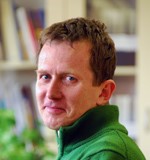
Asst. Prof. Tomaž Klobučar, Ph. D. is Head of the Open Systems and Networks Laboratory of the Jozef Stefan Institute. His main research areas are information security and technology-supported education. He is the author of numerous scientific publications. He has been actively involved in European research and development projects for 25 years. translates their results into practice in the local environment.
Ph. D. Dušan Gabrijelčič is a researcher at the Open Systems and Networks Laboratory of the Jozef Stefan Institute. His main research areas are information security, critical infrastructure, and applications of merging and processing of dykes in the verticals of smart cities. For over 20 years, he has been involved in the preparation and implementation of European projects and the integration of the local environment into research.
Nejc Petek, Tenzor d.o.o., Member of Chamber for the Development of Slovenian Private Security, Slovenia
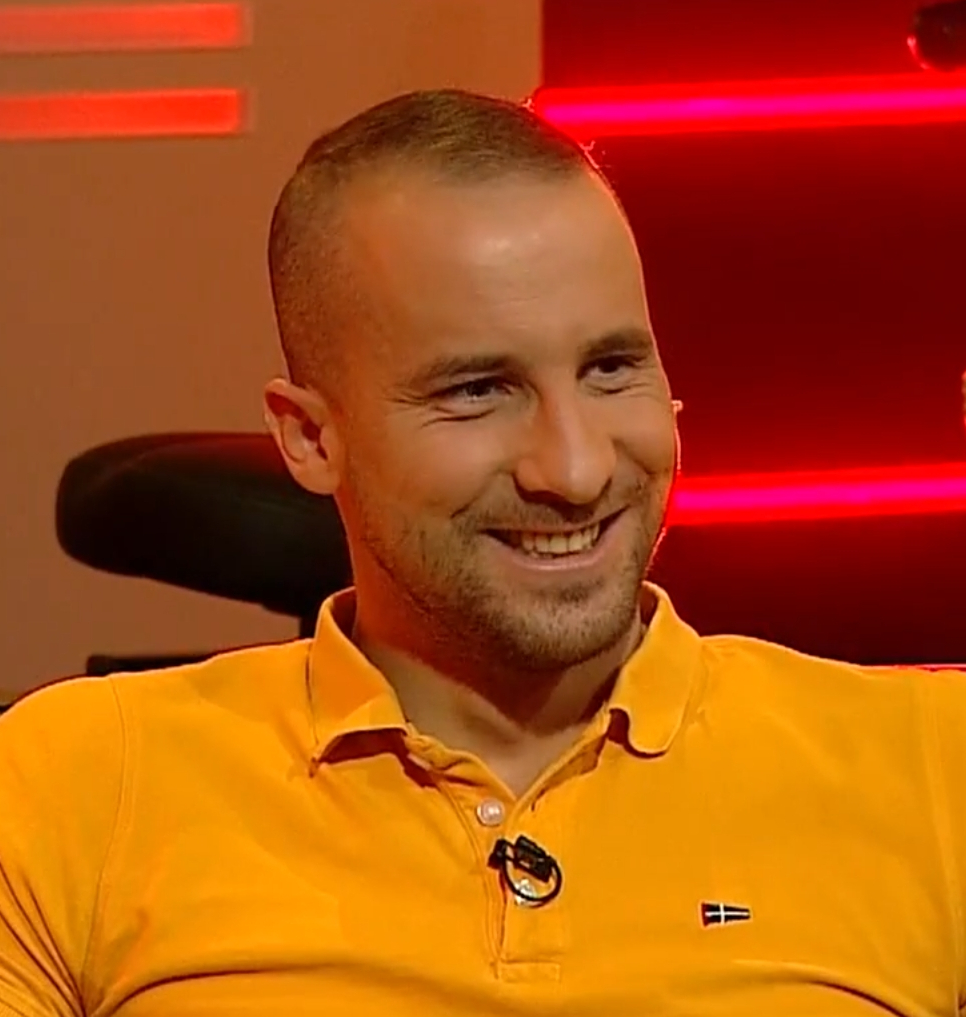
Nejc Petek, Bachelor of Economics, was born on March 3, 1989, in Maribor. After finishing his Alpine skiing career and finishing his education at II Gimnazija Maribor, he studied law at the Faculty of Law in Maribor and later graduated on DOBA Faculty. From 2010 he is a stand-up comedian and imitator. From 2014 to 2016 he was a Director of Flexshop Maribor. From March 2018 he is employed at Tenzor d.o.o., as Solution Manager in the field of sales. Within the company, he is specialized in smart parking solutions (both indoor and outdoor) in terms of digitization and Smart City routing, and sustainable mobility. He is an active speaker of four foreign languages (English, Spanish, German, Croatian / Serbian).
Matej Krnc, MSc, Slovenian Firefighters Association, Slovenia
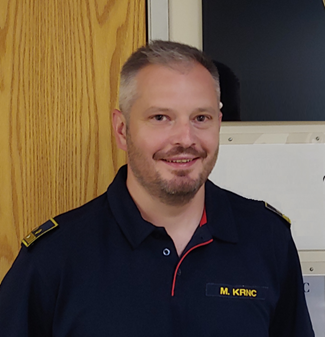
He is a member of the Committee and working groups in the field of IT development at the Slovenian Fire Association. He also has many years of experience as a lecturer in computer science in firefighting. He is involved in the development of information systems in the field of firefighting and is the leader of the group for the development of an information system to support the management of major interventions at the Firefighting Association of Slovenia. He is a senior Firefighter officer of the 1st degree and a member of the PGD Krizevska vas PG in GZ Metlika. He holds a Master of Science in Information and Management Sciences. He is employed by the company Krka, d.d., Novo Mesto as a leader in the area where he is responsible for the development and establishment of comprehensive information solutions within the Krka Group.
Luka Novak, City Administration of the City of Ljubljana, Emergency Management Department
The system of protection against natural and other disasters in the City of Ljubljana
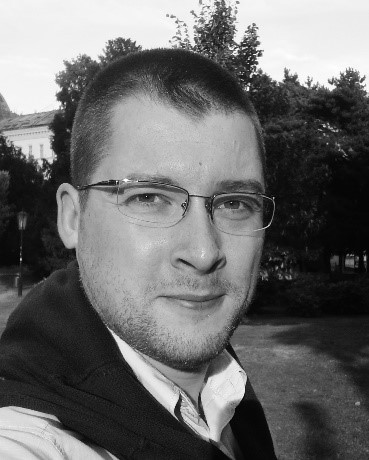
Luka Novak is advisor at Emergency Management Department within City’s administration of City of Ljubljana since 2015. Mr. Novak worked as a volunteer since 2008 in Disaster Management system both on municipal as well as national level as a scout. Between 2011 and 2015 he was member of City’s Civil protection response headquarters tasked with planning duties and geospatial awareness (mapping of flooded areas etc.). Mr. Novak’s day-to-day duties are working on technical, information and communication fields. Other tasks involve working on administrative affairs, working closely with two volunteer organizations (Mountain rescue service – Ljubljana, volunteer fire station – rescue from heights), providing help preparing emergency and contingency planes, responding to requests for help during interventions and emergencies by Fire Brigade of Ljubljana or citizens, development of plans for mass shelter capabilities etc.. Mr. Novak has been involved in response to Migrant Crisis in 2015-2016, Sleet emergency (2014) and several flooding’s in Ljubljana and Slovenia. He has taken an active role in Athena EU founded project. Currently he is taking active role within EU founded project SiQuake2020 an earthquake full-scale exercise.
